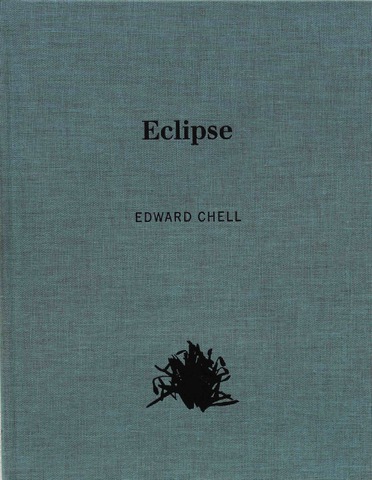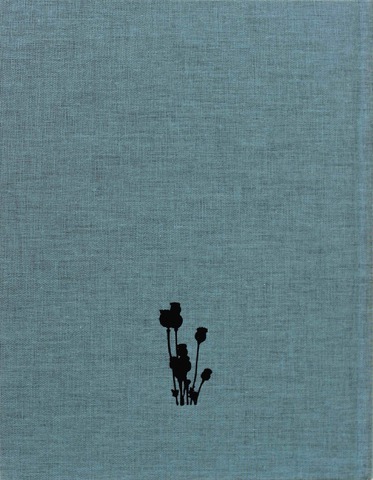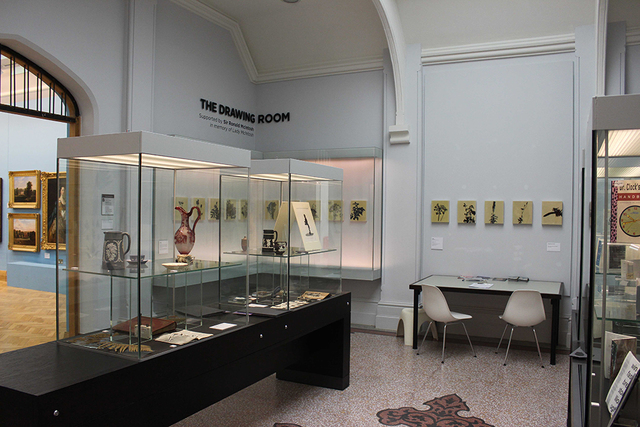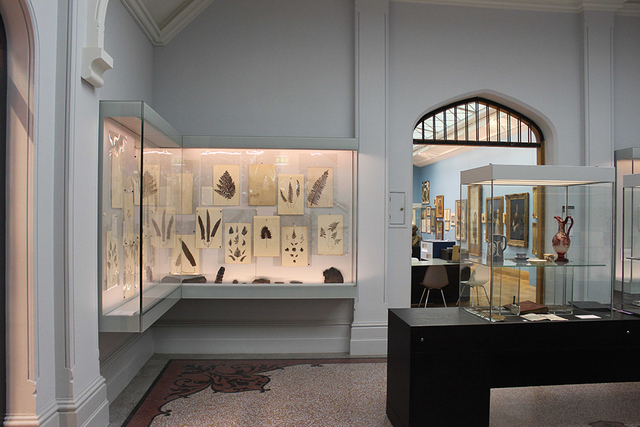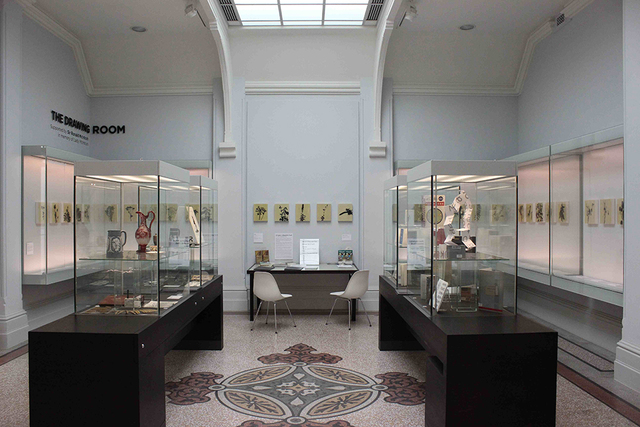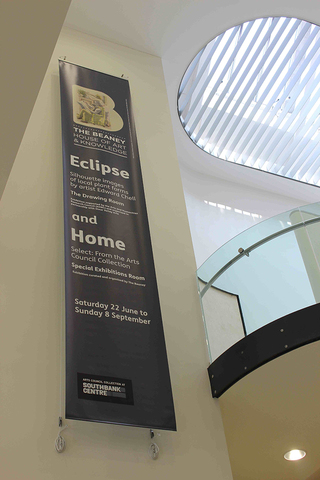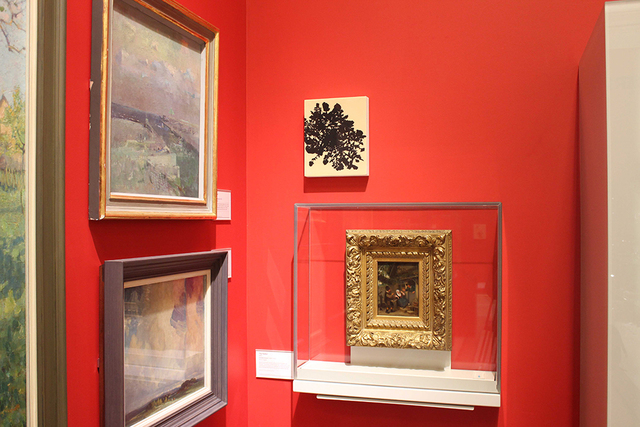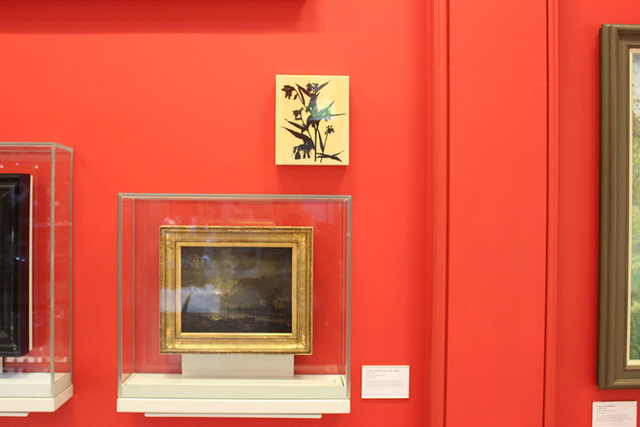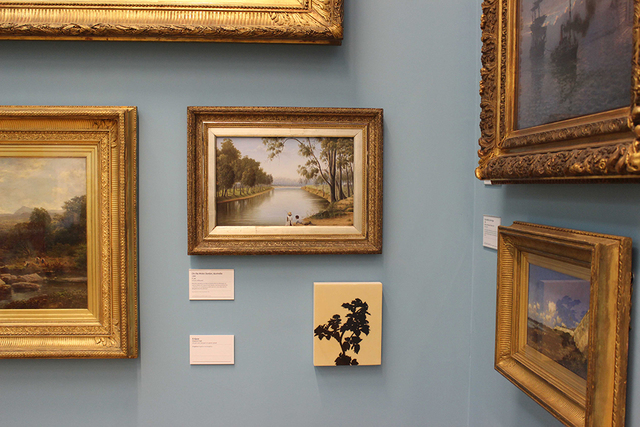Eclipse is an artist's book relating to the installation of 60 hand-made gesso panels. The project has evolved from my continuing exploration of motorway verge landscapes, and their flora and ecology, which significantly overlap with the plant life in King's Wood in Kent.
The book aims to play both on and with the genre of field guide or 'I Spy' book, building on the exhibition theme while also existing autonomously. The exhibited plant images, which exist in a territory between scientific observation and lyrical portraiture, are intended to seem both familiar, almost humdrum, and richly exotic in their variety and complexity. The book could be used as a straightforward aid to identification for both those familiar with King's Wood and new visitors alike. The text opens up and elaborates on the subject of plant identification and classification systems. It investigates the silhouette from its 18th-century uses through early photography (e.g. Fox-Talbot's shadowgraphs) and beyond (Susan Derges, Adam Fuss), and the associated poetics of absence/presence implicit within this form. As monochrome silhouette portraits, the gesso panels relate both to Linnaean systems that provided a structure for much 18th-century thinking and discovery, and also the fugitive nature of the plants and environments themselves.
The publication of the book by Stour Valley Arts, Ashford, Kent, coincided both with the summer solstice and their annual summer event at Markus Lukacs site-specific woodland piece in an edition of 1000. The book has been supported both by the AHRC in kind and a grant from Arts Council England for £10,000.
The book contains a new essay by author and historian Jenny Uglow scrutinising the history and continuing significance of silhouette form. There is also an interview between curator Dan Howard-Birt and artist Edward Chell, unpicking his obsession with plants that grow in both conventional and unconventional places.

